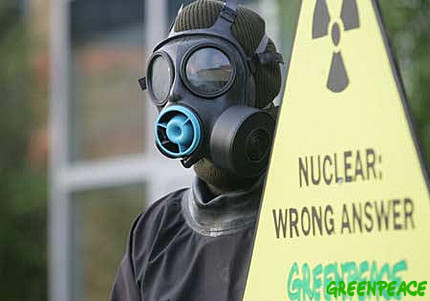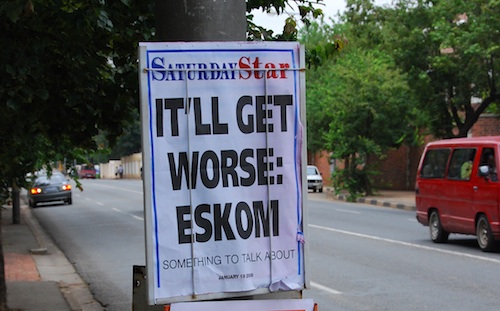By Simon Butler
April 14, 2010 -- Albert Einstein defined insanity as doing the same thing over and over again and expecting different results. It has taken capitalism about 250 years to generate enough waste and pollution to press dangerously against nature’s limits. With such a damning record, there should be no grounds to expect a different outcome in the future.
Yet the mainstream discussion about how to tackle the climate crisis still assumes that, this time around, capitalism can be made sustainable.
In an April 3 Sydney Morning Herald piece arguing for capitalists to take a leading role in resolving the climate crisis, Paddy Manning said it “was an article of faith for this column” that a free market could respond effectively to the challenge of climate change. But, struggling to come up with Australian capitalists responding positively to the challenge, he was forced to admit: “Faith is needed, because climate change is proof of colossal market failure.”






